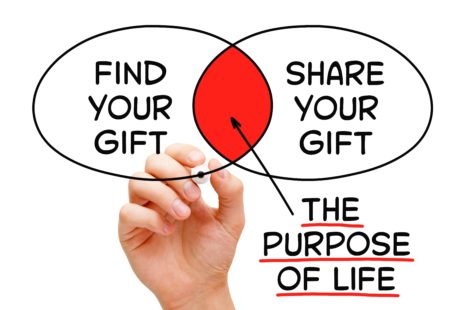Controlling behavior in relationships or interactions can manifest in various ways, often aiming to dominate or dictate the actions, feelings, or thoughts of others. Recognizing these behaviors is important, as they can harm healthy relationships and individual well-being.
Here are some common signs of controlling behavior…
- Isolation- Attempting to limit the other person’s interactions with family, friends, or social circles, often justified as concern or love, but effectively keeping the person dependent and isolated.
- Excessive Monitoring- Keeping tabs on the other person’s whereabouts, communications (texts, calls, emails), and online activities without their consent, indicating a lack of trust and respect for privacy.
- Financial Control- Restricting access to money, making unilateral decisions about finances, or requiring justification for spending, thereby limiting the other person’s financial independence.
- Emotional Manipulation- Using guilt, shame, or fear to influence the other person’s choices, often through comments or actions that make them feel indebted or unworthy.
- Constant Criticism- Regularly criticizing the other person’s actions, appearance, or decisions, subtly or overtly, to undermine their self-esteem and independence.
- Ultimatums and Threats- Using threats or ultimatums to enforce compliance with demands, whether related to ending the relationship, withholding affection, or other forms of retaliation.
- Making Decisions for Others- Taking charge of decisions that affect both parties or the other person alone, without their input or consent, under the guise of knowing what’s best.
- Jealousy and Possessiveness- Exhibiting irrational jealousy or possessiveness to justify controlling behaviors, often accusing the other person of being unfaithful or too independent.
- Gaslighting- Manipulating the other person into questioning their own reality, memory, or sanity, often by denying things that happened or lying about past events.
- Lack of Respect for Boundaries- Ignoring or violating personal boundaries set by the other person, whether related to physical space, time alone, or emotional needs.
Recognizing these behaviors is the first step in addressing and potentially resolving underlying issues. It’s crucial for individuals who find themselves in situations characterized by controlling behavior to seek support, whether from trusted friends, family, or professionals. Establishing and maintaining healthy boundaries, communicating openly about concerns, and, if necessary, seeking professional help are essential steps in dealing with controlling behavior in a relationship.





